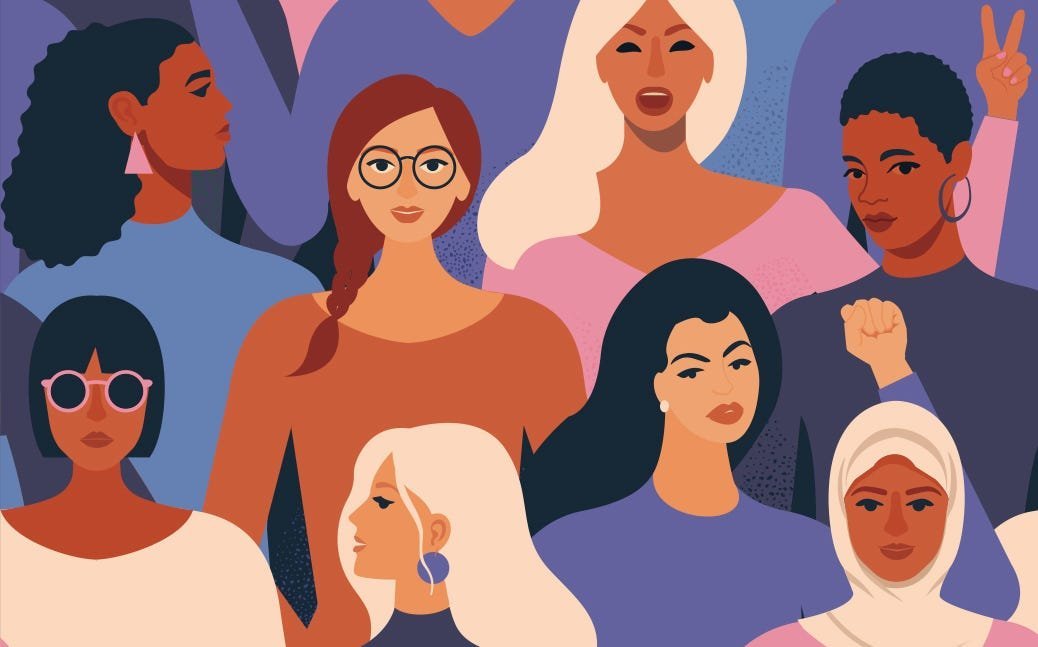
Report Violence and Seek Help
Report Violence and Seek Help
Gender-based violence refers to harmful acts directed at individuals because of her or his gender. It stems from unequal power relationships, gender norms, and discrimination. While anyone can experience GBV, women and girls are disproportionately affected, due in part because of power imbalances, where men may feel entitled to control or dominate women. When women have limited access to resources, decision-making power, or economic independence, they may be more vulnerable to violence and less able to leave abusive situations. In Kosovo, the Law on Gender Equality recognises gender-based violence as a form of discrimination that “seriously inhibits women’s and men’s ability to enjoy rights and freedoms on a basis of equality”.

What is Gender-Based Violence?
Gender-Based Violence can happen anywhere – within the family, in public spaces, in schools or at work, or online – and can include:
- Physical violence (like domestic abuse and assault)
- Emotional or psychological abuse (like threats, humiliation, or controlling behaviour)
- Economic abuse (like controlling access to money or preventing someone from working)
- Sexual violence (like rape, sexual harassment, or exploitation)
- Harmful traditional practices (like child marriage and female genital mutilation)
All these types of violence are illegal, and you can seek justice if they happen to you or someone you know. The Constitution of the Republic of Kosovo has adopted the Council of Europe Convention on Preventing and Combating Violence against Women and Domestic Violence (commonly known as the Istanbul Convention), which is a is a human rights treaty of the Council of Europe aimed at preventing and combating violence against women and domestic violence. The Istanbul Convention is designed to:
- Prevent violence against women
- Protect victims
- Prosecute perpetrators
- Promote gender equality
The Criminal Code of the Republic of Kosovo criminalizes some types of GBV, such as: Domestic Violence, Sexual Harassment, Sexual Violence, Rape, Forced Marriage, Female Genital Mutilation.
Kosovo’s Legal Framework
The Law on Prevention from Domestic Violence, Violence Against Women and Gender Based Violence, aims at the prevention and treatment of violence against women, domestic violence and gender-based violence, to protect and contribute to the elimination of all forms of discrimination against women, the promotion of gender equality and the empowerment of women, and to build the necessary mechanisms for providing support to victims of all forms of violence regulated by this law. Through this law, victims are entitled to:
- Protection orders to keep perpetrators away
- Social services, such as in creating security plans to avoid risks and stay safe
- Shelter or social housing
- Access to healthcare
- Support with education, vocational training, and employment
Today, women and girls are experiencing various forms of gender-based violence, including digital violence, targeting women of different backgrounds.
What is Digital Violence?
Digital violence occurs when someone uses technology to:
- Harass, such as by sending unwanted messages or images, making repeated phone calls, posting private information online (doxxing), creating fake profiles to intimidate, sharing intimate images without consent or tagging someone repeatedly in harmful or offensive content.
- Blackmail or humiliate (“Sexual blackmail”)
- Control
- Threaten
Is This Legal?
No! Although KWN has long advocated for its inclusion, there is no specific article in the Criminal Code of the Republic of Kosovo that addresses digital violence. However, it can be reported under several other articles in the Criminal Code:
- Article 181 – Threats
- Article 182 – Harassment
- Article 183 – Sexual Harassment
- Article 329 – Blackmail
The Law on Gender-Based Violence also recognises sexual harassment via the internet as a form of violence. This provides victims with the right to receive similar protection and support from the government as in cases of other types of gender-based violence.
What Should You Do?
Save the Evidence
Take screenshots of messages, posts, and images. Note usernames, dates, and times. Never delete anything — it can be used as legal evidence.
Talk to Someone
Tell a trusted friend, family member, teacher, or professional. You are not alone, and sharing your experience is the first step toward safety.
Report It
Call the police at 192 or go to the nearest Center for Social Work. You can also seek help online through legal platforms or local support groups.
How to Report Gender-Based Violence
You can report gender-based or digital violence to the following institutions:
- Kosovo Police: Call 192 or go to the nearest police station
- Center for Social Work: Visit your local municipal center
- Online Legal Platform: Submit a complaint or request legal help
What If Institutions Ignore You?
If institutions such as the police, social services, or prosecutors do not respond to your report, you can contact the Kosovo Women’s Network (KWN). We will support you in holding these institutions accountable and help you access your rights.
📞 Call KWN: +383 48 105 800
Who Can You Contact?
Kosovo Women’s Network
Kosovo Law Institute
Victim Advocates
Kosovo Police
Online Legal Aid Platform
Want to Learn More or Get Help?
KWN publishes research, advocacy letters, and monitoring reports to raise awareness and advance women’s rights. If you need legal support or want to get involved, visit the pages below.
